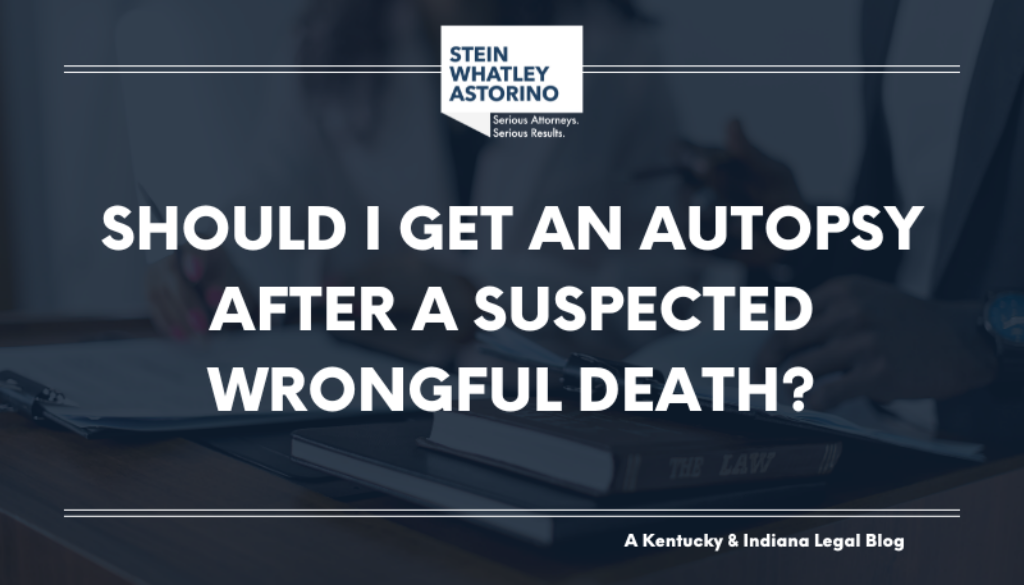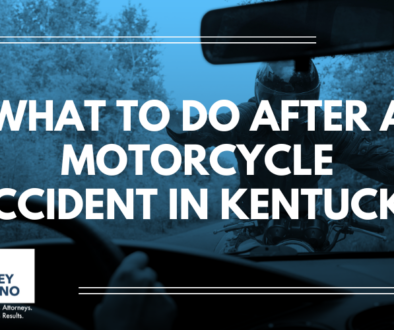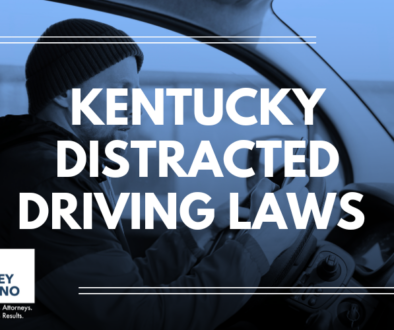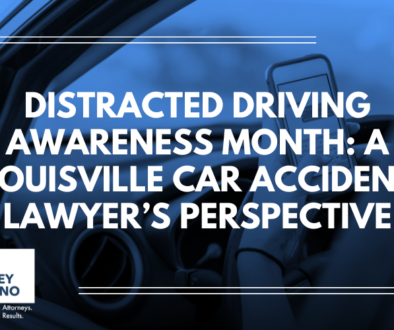Should I Get an Autopsy After a Suspected Wrongful Death?
The loss of a loved one is an incredibly difficult experience. The situation becomes even more traumatic when there is suspicion of wrongful death. Wrongful death occurs when a person dies due to the negligent, reckless, or intentional actions of another person or entity. In such circumstances, obtaining an autopsy can be a critical step in seeking justice and closure. This article explores the factors to consider when deciding whether to pursue an autopsy after a suspected wrongful death, including the legal, emotional, and financial implications.
Understanding the Purpose of an Autopsy
An autopsy, also known as a post-mortem examination, is a thorough medical examination of a body after death. A forensic pathologist performs the procedure. His or her primary role is to determine the cause and manner of death. Autopsies can help answer key questions, such as whether the death was natural, accidental, homicidal, or related to medical negligence. The findings from an autopsy can serve as critical evidence in wrongful death lawsuits, wrongful death insurance claims, life insurance claims, and for peace of mind for the deceased’s family.
For example, if a person died following a medical procedure, an autopsy might reveal whether improper care, incorrect treatment, or a surgical error contributed to the death. Similarly, in cases of accidents or workplace incidents, an autopsy can determine whether the death was preventable or caused by external factors such as safety violations or defective equipment.
Legal Considerations
One of the most important reasons to consider an autopsy after a suspected wrongful death is its potential role in legal proceedings. If the death occurred under suspicious circumstances, an autopsy could provide concrete evidence that may be used to file a wrongful death lawsuit. Wrongful death lawsuits in Kentucky and Indiana are civil actions generally brought by the surviving family members of the deceased against the responsible party or parties.
The wrongful death lawyer must prove, on behalf of his or her client, that the death resulted from the defendant’s negligence or misconduct for a wrongful death lawsuit to succeed. Medical records and witness testimonies are essential pieces of evidence. However, they might not always be enough to establish the exact cause of death. An autopsy can offer an objective and scientific analysis of how the death occurred. The forensic pathologist’s report can either support or contradict the allegations of negligence. Either way, the information is crucial for determining liability, providing closure for the grieving family, and potentially avoiding further costs associated with litigation. Sometimes, it can point to causes not originally realized and identify a new defendant.
However, it is important to note that not all deaths require an autopsy. If the death was the result of a long-standing illness with a clear medical history, the cause may already be well-documented, and an autopsy may not yield additional useful information. Additionally, in some cases, the coroner or medical examiner may determine that an autopsy is unnecessary based on the circumstances of the death. If this happens, families who still suspect wrongful death may opt for a private autopsy conducted by an independent pathologist.
Timing and Consent
The decision to request an autopsy needs to be made relatively quickly after the death if the body is to be buried or cremated. Preserving the body in its natural state is critical for the accuracy of the findings. Embalming or the passage of time can alter the condition of the body and potentially obscure the evidence.
In most cases, the immediate family has the legal authority to request or authorize an autopsy. However, if the death falls under the jurisdiction of the medical examiner or coroner (for instance, in cases of violent or unexplained deaths), an autopsy may be mandated without the family’s consent. Conversely, when a death does not trigger an automatic autopsy, the family can decide whether to request one. If the family chooses to decline an autopsy, the opportunity to gather forensic evidence that could be crucial in a wrongful death claim might be lost.
Emotional Impact
The decision to pursue an autopsy is not purely a legal or medical matter. It also carries emotional weight. For many families, the thought of their loved one undergoing an invasive examination can be distressing. Cultural and religious beliefs may also play a role in how people feel about autopsies, as some traditions emphasize the importance of burying the body intact and as soon as possible after death.
Despite the emotional difficulty, an autopsy can provide answers that help families understand what happened and why. The lack of clarity surrounding the circumstances can prolong feelings of grief and anger in cases of suspected malpractice or wrongful death. An autopsy can help bring closure by providing definitive information about the cause of death. Additionally, having an official record of the cause of death can help families seek justice and hold the responsible parties accountable, which may also bring a sense of resolution.
Families should weigh the emotional benefits of obtaining answers through an autopsy against the discomfort they may feel about the procedure. The clarity provided by an autopsy may be worth the emotional difficulty. In other situations, if the family feels certain about the cause of death, they may decide to forgo the autopsy in favor of honoring their loved one’s wishes for a swift and peaceful burial.
Financial Considerations
While an autopsy can provide valuable information, it also involves financial costs. If the death falls under the jurisdiction of a medical examiner, the state or local government may cover the costs of the autopsy. However, if the family requests a private autopsy, they will need to pay for it themselves.
The cost of a private autopsy may be prohibitive for some families. However, it is important to consider that the expense of an autopsy might justified if it leads to a successful wrongful death lawsuit. The evidence provided by the autopsy could help families recover financial compensation for medical bills, funeral expenses, lost income, and emotional suffering.
After the Decision
Ultimately, each case is unique, and families facing this difficult decision should consult legal and medical professionals to weigh their options. An autopsy can be a powerful tool in seeking answers and accountability, but it is important to ensure that the decision aligns with the family’s emotional and financial needs as they navigate the challenging aftermath of a suspected wrongful death.
If your loved one died in a fatal accident and you suspect a wrongful death occurred, call the wrongful death law firm of Stein Whatley Astorino, PLLC, to discuss your options. The initial consultation is free and confidential. If you have a case, our top Louisville wrongful death lawyers will help you get the full and fair compensation you deserve.
Serious Attorneys. Serious Results.
Real Client Reviews
Highly Recommend
“I would highly recommend these attorneys. Rob is the best. He helped me in a case. We won the case and got paid what I was owed. If you need attorneys these are the people that will fight for you and the only lawyers I will trust.”
-Jacob Yeager
Google 5- Star Review
Fair and Honest
“Been using him for years. His whole team is great! They are fair, honest and really will go to work for you in a big way. Can’t go wrong.”
-Carey Hulsey
Google 5- Star Review




